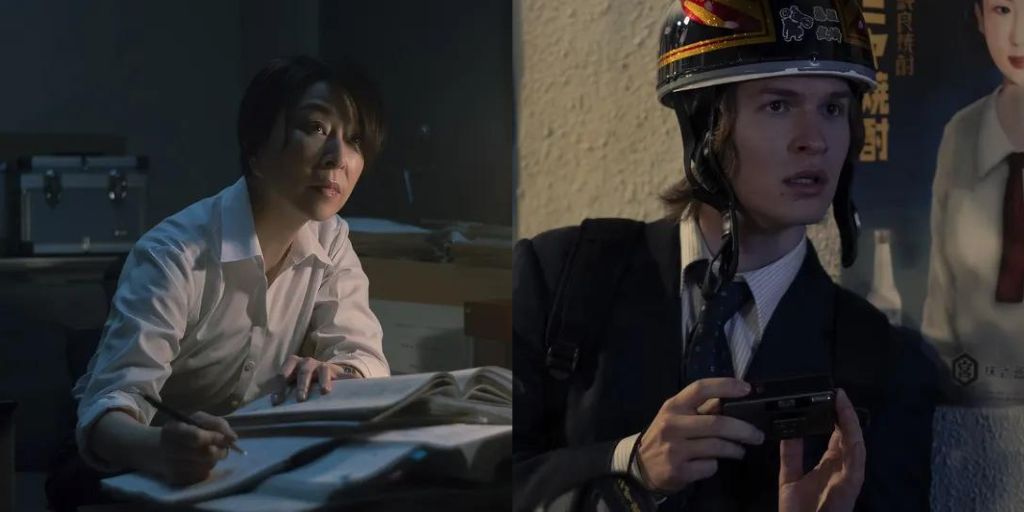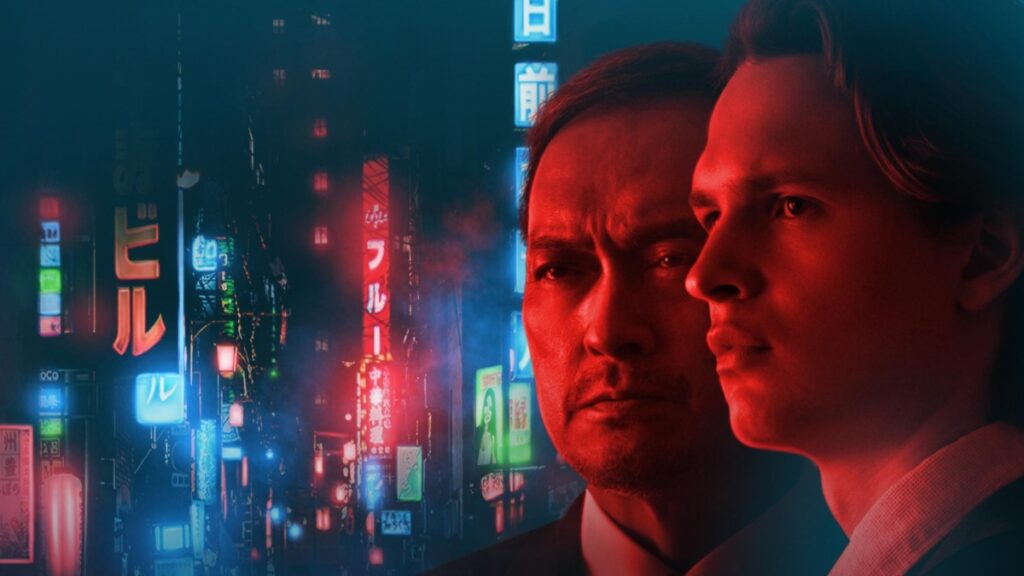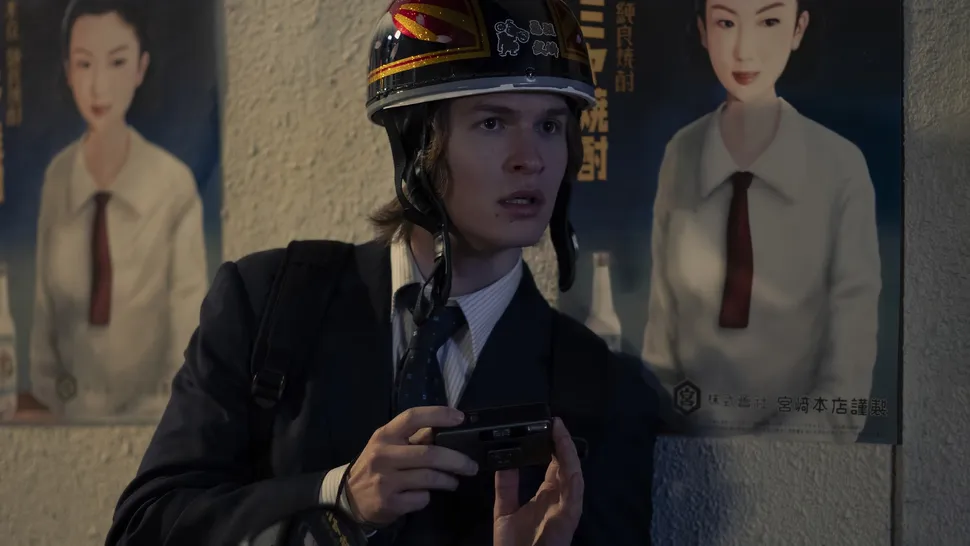Tokyo Vice season 2 delves deeply into Tokyo’s underground crime scene of the late 1990s, offering a vast and well-balanced development of the show’s original premise. With the cliffhanger ending of Tokyo Vice season 1, there were a lot of unanswered issues going into the 10-episode second season.
Sensibly, the show returns without skipping a beat, right in the middle of its gripping, gangster-fueled aftermath. Jake Adelstein, played by Ansel Elgort, is at the centre of everything; the series was inspired by his true memoir.
At Tokyo’s top daily, Meicho, Jake is an American runaway who is also a clumsily ambitious reporter with a knack for falling upward.
The cast of Tokyo Vice, which was created by Tony Award-winning playwright and first-time showrunner J.T. Rogers, is exceptional and includes the scene-stealing Ken Watanabe, the indefatigable Rachel Keller, and the stoic Shô Kasamatsu, who resembles James Dean.
The talented and seemingly limitless ensemble of Tokyo Vice season 2, which alternates in well-crafted, tide-like shifts to the centre of the narrative’s focus, is a cast that barely begins to scratch the surface. There are moments when the dozens of revolving characters might dizzy the spectator, which results in some unsettling and erratic tone swings between scenes.
Review
Tokyo Vice season 2 makes good use of its extended runtime by extending the arcs of its main characters outside Tokyo’s criminal underworld with two more hour-long episodes.

Because of this, the show sometimes veers too far from its central aspects of crime, going to great lengths to elaborate on fleeting familial interactions and flashback peeks from season 1.
A lot of secondary characters are given outside motivations, such as a romantic interest or a familial connection, which makes them more fully realized characters at the expense of a shorter and more straightforward plot.
Considering how logical and organic the different interwoven subplots are, Tokyo Vice season 2 boasts a stunning cast of new and returning characters, comparable to that of House of Cards. Tokyo Vice’s strong writing team is evident in the way each episode’s multiple stories avoid deviance to the point of confusion.
As mutual protagonists, Jake, Samantha, and Sato—who were almost a unit in season one—have consistently shown that they are capable of carrying heavy loads. Each has been endowed with sufficient substance, drive, and attractiveness to pursue other trajectories that better suit their unique selves.
The Chihara-Kai and the Tozawa clan, two opposing gangs, create a natural tension in season 2 that might carry the entire show. Even still, season 2’s mafia politics are far more measured and muted than season 1’s, creating a paranoid sense of curiosity akin to calm before the storm.
Even the most powerful characters from Season 1, including Katagiri and Tozawa, are humbled by the arrival of their overlord superiors.
In addition, newcomers to the Yakuza provide a fierce intensity that Kume from season 1 left empty, juxtaposed with Oyabun Ishida’s path of unwavering honour and Sato’s subliminal reservations about his decision to live a life of crime.

The new season places less emphasis on Elgort’s Jake, giving the Chihara-Kai and Tozawa rivalry as well as the mounting pressure from the Tokyo police to gain greater traction.
Jake is by no means the most interesting character in season 2, and his constant and frequently clumsy attempts at self-insertion, which typically end up burning others around him, are what make him noteworthy.
Even though Jake is constantly making mistakes, Katagiri still throws bones at him. Although their chemistry is still one of the strongest in the show, it no longer has the feel of a key character. In the meantime, Sato never ceases to enthral.





